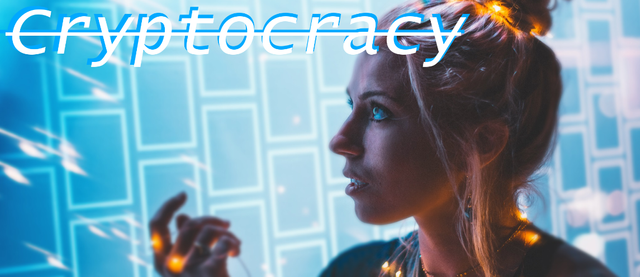Cryptocracy: A Cardano Primer

There’s no disputing the fact that cryptocurrency is insanely popular among the emerging technologies crowd. It’s traditional academia that has shown blockchain technology a somewhat cool reception. One of the notable exceptions is the Cardano system and their currency Ada, named after an Italian mathematician and the mother of modern computer programming. Originally idealized by Input Output Hong Kong and furthered by a former founder of Ethereum, Cardano is designed as a system with infinite scalability.

Cardano Foundation
The Cardano Foundation formed around the initial Cardano project to serve as a governing body for the future of the Cryptocurrency. Where most coins are run by a corporation or a loose conglomerate of end users, the Cardano Foundation has more in common with an academic board. Most of the members are scientists or researchers in the field of computer science – and they intend to rigorously peer review any proposed changes to the blockchain. It’s their hope that this centralization of leadership will prevent some of the conflict that we’ve seen with other blockchain projects.
Designed to Upgrade
In a pattern we’ve seen many times through history, blockchain as a technology solved the problem at hand with no eye towards the future. Bitcoin and Ethereum have both started to have network traffic issues as a result of their block size, which increases fees and slows transasctions. Both have no inherent way of upgrading the system directly, depending on either a technically clever sidegrade, or a complete hard fork into a new code base.
Cardano was created with modifiable modules for the central code. They have multiple layers, separating the transactional from the computational in order to increase flexibility in confirmation. It is a Proof of Stake currency, which in turn allows a consensus to be formed through community voting. This is taken into account by the Cardano Foundation when recommending upgrades – and their centralized system makes it less likely that internal strife would result in a hard fork.
The ADA Cryptocurrency
Ada is a curious cryptocurrency, in that it exists mostly as a prototype and proof of concept for the Cardano system itself. It’s a fully functional, third-generation cryptocurrency but it doesn’t really have ambitions beyond that. The Cardano system itself is a strong concept, and their Ouroboros protocol is the first Proof of Stake system to be proven as secure – and Ada is the currency that operates on that system. Much as Bitcoin is only the top player because they were the first on the field, Ada may have a similar fate within the Cardano system.
So why Cardano?
When other cryptocurrencies hit their technological wall, Cardano will be able to quickly adapt and outpace them. Their peer review system ensures that only legitimate changes are made to the blockchain, while their scalability technology ensures that those upgrades can always take hold. Simply due to this fact, Cardano’s Ada cryptocurrency has worth. Further, if the Cardano system is adopted as the poster child of the third-generation cryptocurrency wave, it could one day displace Bitcoin as the top currency.
But why not?
The technology behind Cardano is very strong, which is not surprising coming from within the world of academia. Unfortunately, it doesn’t bring anything to the table in so far as actual product or use case. It’s one of hundreds of ‘digital currencies’ vying for the top spot in a saturated market. The Cardano Foundation needs to gain some serious adoption for their cryptocurrency before it can be seen as anything but another wannabe Bitcoin.
This is part of my ongoing series of basic primers for cryptocurrency. If you found it useful, interesting or just like my style - consider following me!
Previous primers;
A Ripple Primer
A Bitcoin Cash Primer
A Litecoin Primer
A NEO Primer
An Ethereum Primer